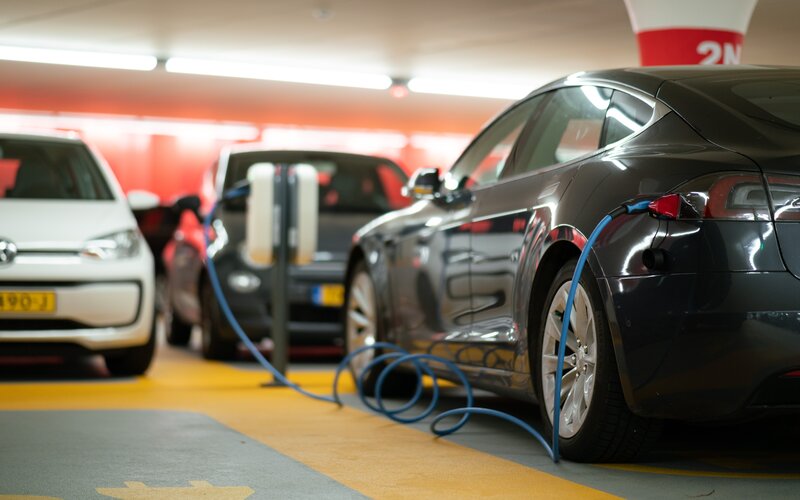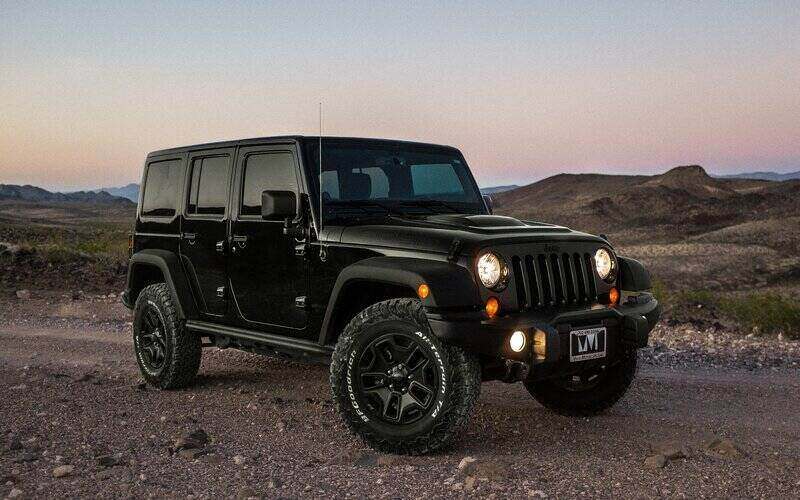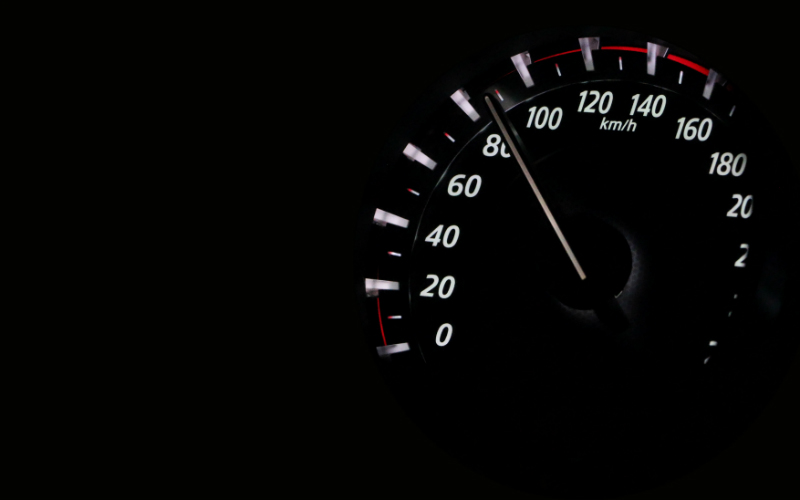“Low doc” essentially just means a “low documentation” car loan. Often used by people who are self employed or those who can’t provide a strong track record of steady income, low doc car loans could demand a bit more from the consumer, yet require less paperwork. Low and no doc car loans often have a higher interest rate, and various other limitations. Read on to find out more about low doc car loans.
In the market for a new car? The table below features car loans with some of the lowest fixed interest rates on the market.
Low and No Doc Car Loans
Applying for most any loan these days requires a fair modicum of paperwork, as well as a pretty strong track record of income and savings. But what if you’re self employed, your income ebbs and flows, or you don’t really have that history? That’s where no or low doc car loans come in.
The specific details vary from lender to lender, but generally you could be paying a higher interest rate than other types of car loans, as you are likely determined as a bigger risk by the lender. There are various commonalities with standard full-doc car loans, however. You often get a choice between fixed and variable loans, and lenders could let you purchase a used vehicle, provided it’s roadworthy.
Even though you may not need as much evidence of income, you could still require a signed document from your accountant or other income professional to say you can pay off the loan. You will probably be required to have proof of business ownership, and a good credit history, too.
What other options do I have?
If you just ‘CBF’ with paperwork, then you might be ‘SOL’ (s..t outta luck), as like with most applications, car loans require a fair bit of it. However, if you’re a small business owner or someone with a short or bad credit history, you might have a few options up your sleeve. Options could include:
-
Chattel Mortgage: If you’ve got a business, a chattel mortgage is essentially a secured car loan for it. They also usually allow you to claim GST and interest paid back on tax, as well as depreciation.
-
Hire Purchase: You are essentially agreeing to ‘rent’ the vehicle from the financier for a set period, after which they sign the title over to you, usually involving some type of balloon payment. You usually also have the option of purchasing at any time. Could also come with tax/GST benefits.
-
Personal/Unsecured Loan: A personal or unsecured loan doesn’t use the car as collateral in case you default on the loan. As this is seen as riskier by the financier, you likely face higher interest rates than if you secured the loan. This rate could be higher still if you have a poor credit history.
In the business realm, there are quite a few options you have. And this doesn’t just extend to vehicles - you can also often finance equipment and machinery. However, as always, keep an eye on the specific terms of the loan, and the interest rates and fees.
Savings.com.au's two cents
Low doc car loans sound fancy, but they are essentially just a subset of car loans where you may not need a steady income history. Most likely of use to small business owners - especially ones just starting out - a low doc loan could be the ticket to getting a set of wheels and being able to grow your business further. However, this could come at the expense of the interest rate, which might be higher than other types of car loans. Keep in mind the lowest fixed car loans over five years are usually around the 5% p.a. mark, so it could be useful to use that as a yardstick and go from there.



 Denise Raward
Denise Raward
 Harry O'Sullivan
Harry O'Sullivan

 Brooke Cooper
Brooke Cooper
 Jacob Cocciolone
Jacob Cocciolone
